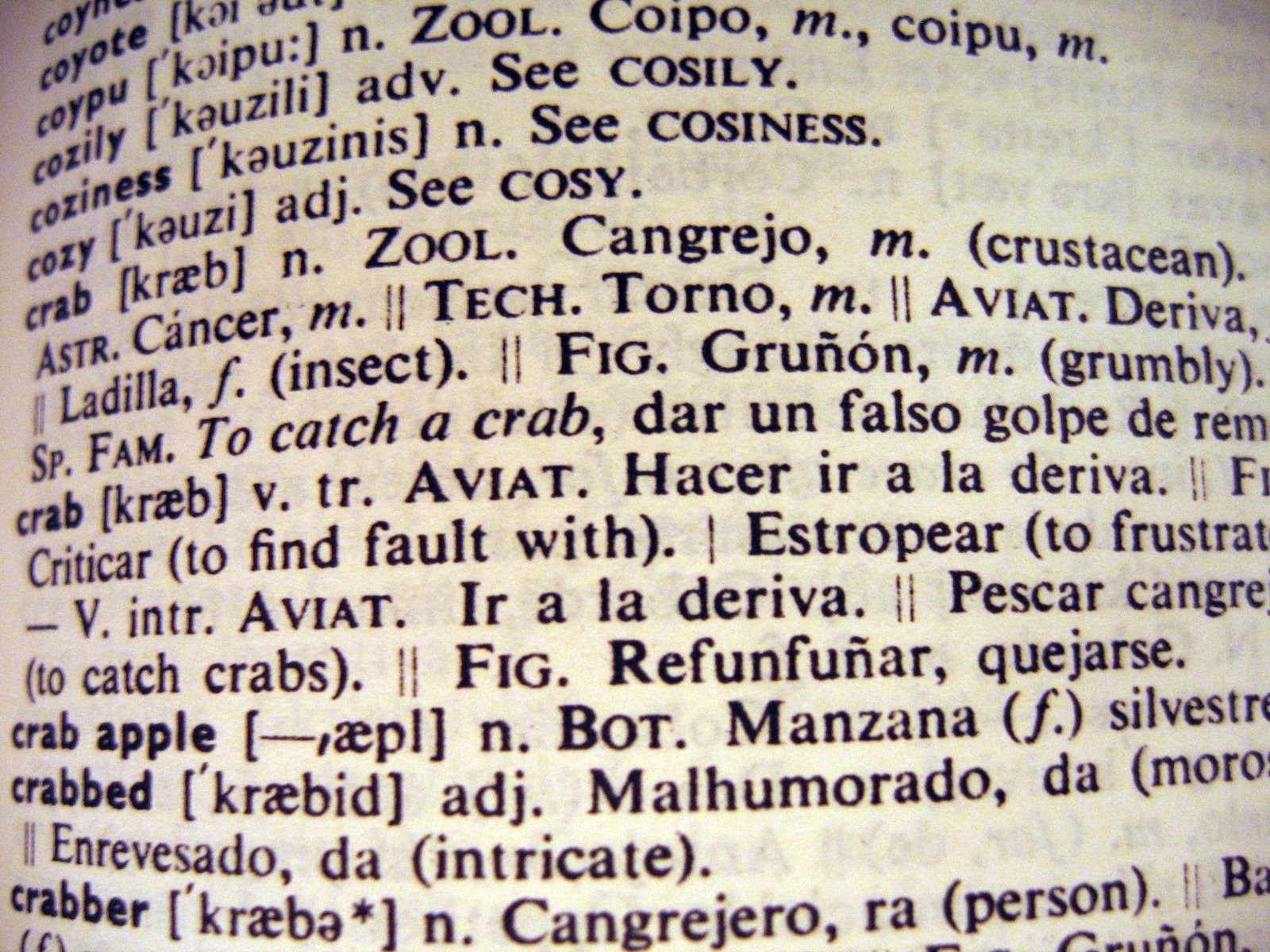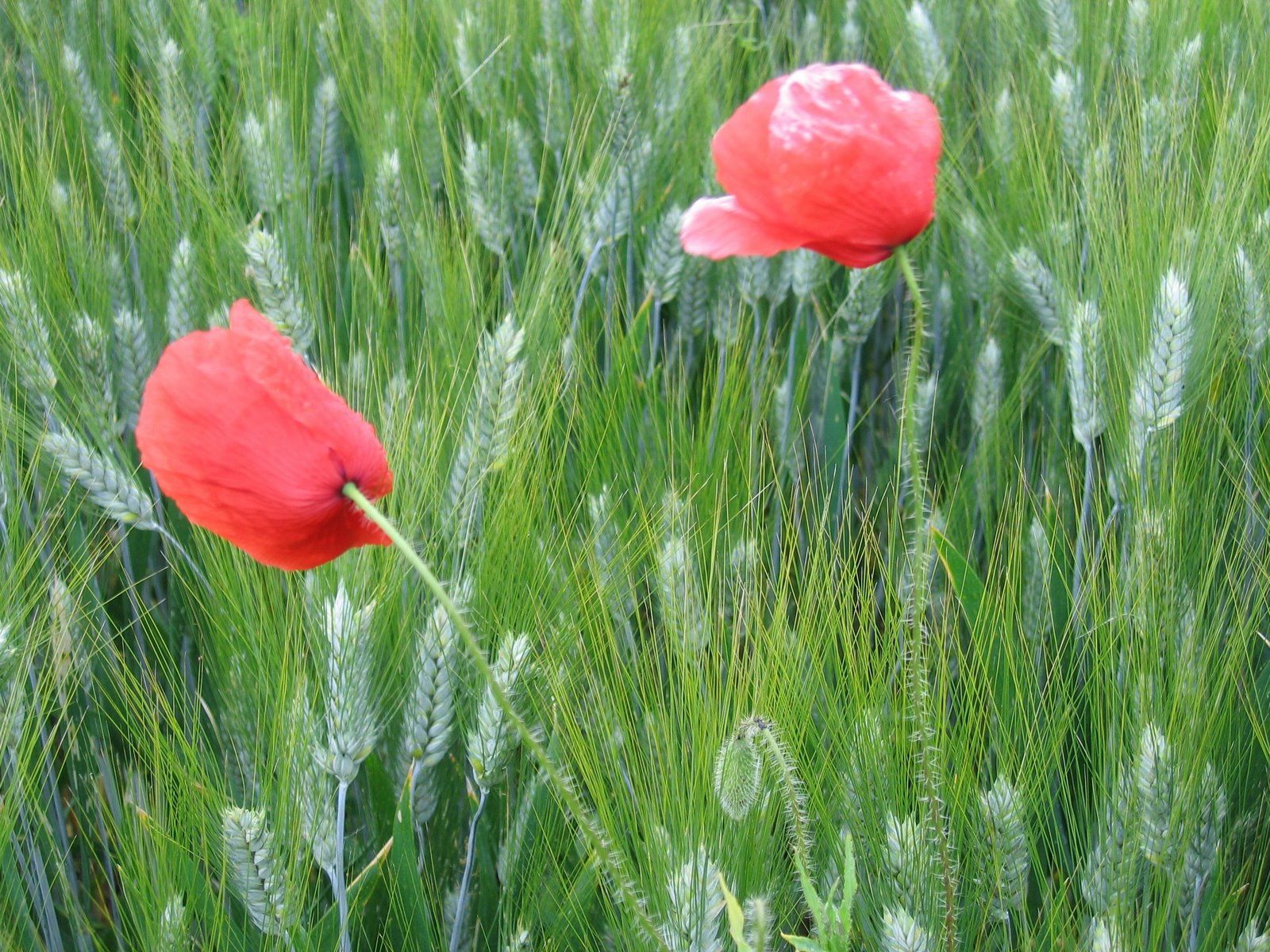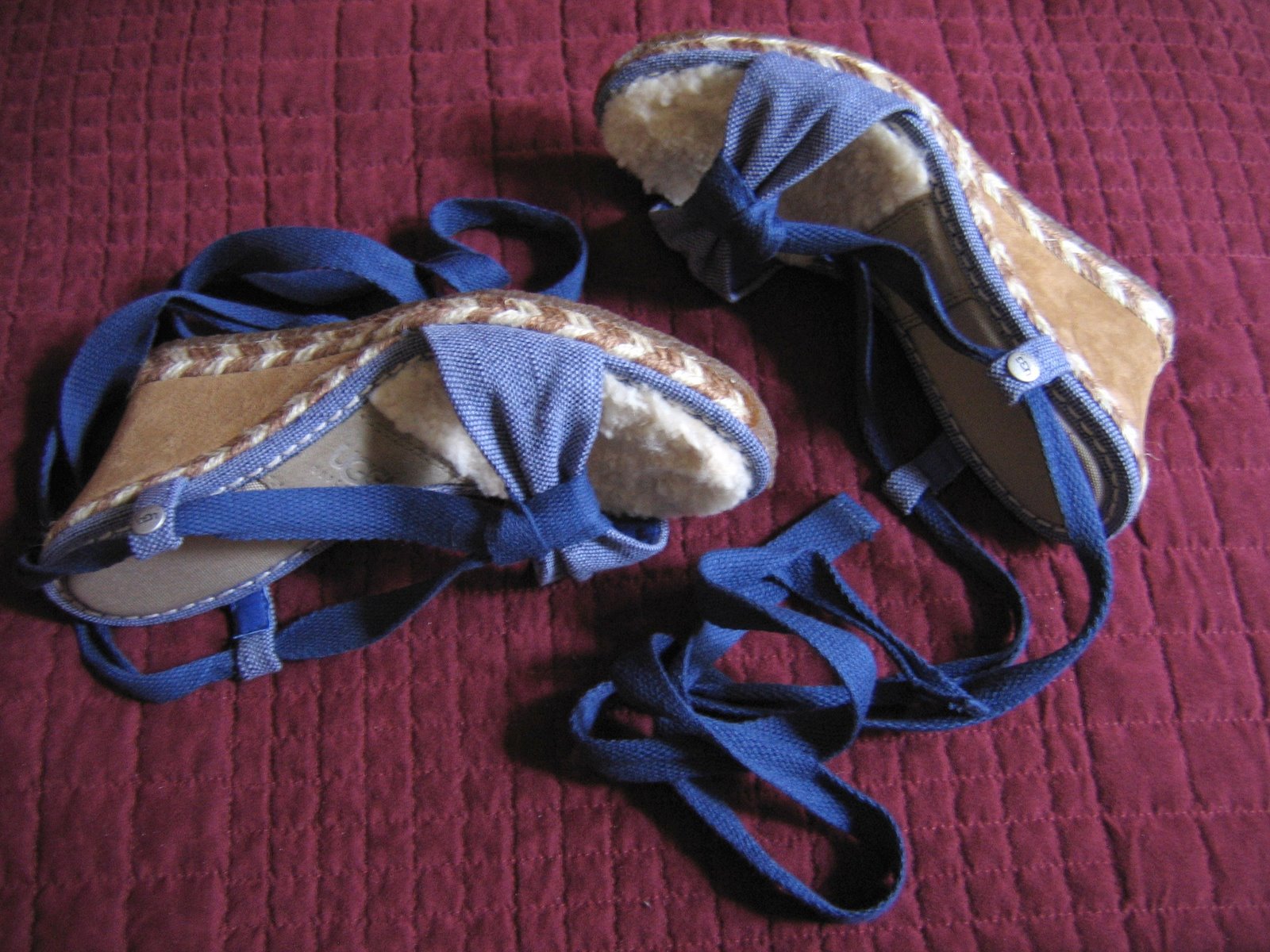 Palabras
Palabras He estado estudiando español durante los dos últimos años. A veces pierdo la esperanza de alcanzar fluidez en castellano. Sin embargo la mayoría de las veces disfruto viendo cómo crece lentamente mi habilidad para comunicarte. Hay un momento del que estoy muy orgullosa. Ocurrió más o menos hace un año.
Estaba comprando en Mercadona. Pasaba despacio junto a la pescadería, mirando las criaturas marinas expuestas. Había una pequeña caja de madera junto a los camarones reales, se movía un poco. Me pregunté qué criaturas estarían atrapadas allí dentro, tan lejos de su casa.
Fui a buscar verduras, yogures, etc. Me di cuenta de que había olvidado comprar lentejas. Al acercarme a la pescadería de nuevo vi que la caja que había abajo se abría, una fuerza insistente la movía por debajo. Me detuve para mirar. Afortunadamente la pescadera estaba ocupada con una larga lista de peticiones muy específicas, y podía quedarme allí sin tener que decir nada.
Unos treinta segundos después vi que una pequeña pinza se liberaba, luego otra y después de un minuto de lucha el cuerpo de un pequeño cangrejo lograba salir de la caja. Sus pinzas estaban atadas, supongo que para que no atacase a sus captores. Se arrastró tímidamente por encima de los camarones y hacia el filo de la plataforma cubierta de hielo. La mujer estaba limpiando y no había nadie más por ahí: otro golpe de suerte.
Mientras yo intentaba llamar su atención el cangrejo había saltado del mostrador hasta el suelo, movía sus pinzas en un estilo amenazador de judo. Obtuve la atención de la pescatera y señalé hacia el cangrejo, que por supuesto ella no podía ver. "Hola, ahh, hay un …" Estaba señalando al pobre y pequeño fugitivo, no recordaba la palabra que se utiliza para cangrejo en castellano. "Hay, hay… un marisco que vive. Lo siento, no recuerdo el nombre de este animal."
La mujer sonrió y me dijo la palabra, se rió del cangrejo y lo tocó compasivamente antes de devolverlo a la caja y poner un peso sobre la tapa para evitar más incidentes. Pobre, dijo, y otras cosas que no entendí, pero estaba sonriendo, yo respondí con otra sonrisa, con la esperanza de que fuera adecuado.
Words
I was in Mercadona doing the shopping. I was cruising slowly past the fresh fish section, looking at the weird types of sea creatures on display. There was a small wooden crate just behind the king prawns, it was moving a little. I wondered what poor creatures were stuck in there so far away from home.
I went on to chose my vegetables, yoghurt's etc. I realised I had forgotten to get more lentils. As I approached the fresh fish section again I noticed that the crate lid was now opening under the repeated force below. I stopped to watch. Luckily the shop assistant was occupied by an old woman with a long list and very specific demands, so I could stand there and not have to speak.
After about thirty seconds later I saw a little claw break free, then another and after about a minute the body of a little crab forced its way out of the crate. Its claws were bound, I guess so as not to attack its captors. It sidled over the king prawns and down to the edge of the ice platform. The woman was cleaning up and there was nobody else around, another strike of luck.
As I tried to get her attention the crab had jumped off the display and onto the floor, it was waving around its claws in a threatening judo style. I got the assistants attention and motioned to the crab, which of course she couldn`t see. "Hello, ahhh there is..." I said pointing to the poor little escapee, I couldn't remember the word for crab. "There is, there is...seafood that lives". " Sorry I can't remember the word for this animal".
The woman smiled and told me the word, she laughed at the crab and patted it compassionately before she returned it to the crate and adding a weight on top to avoid further incident. Poor thing she said, and other stuff that I didn't get, but she was smiling, I smiled back and laughed, hoping it was appropriate.


